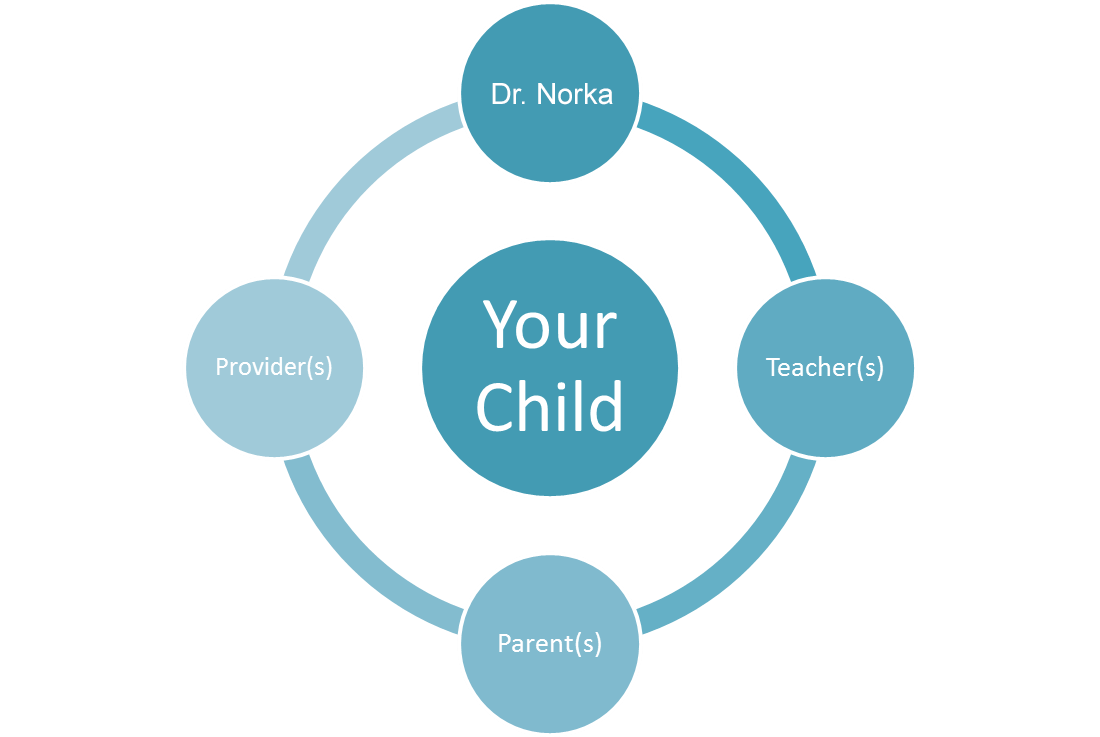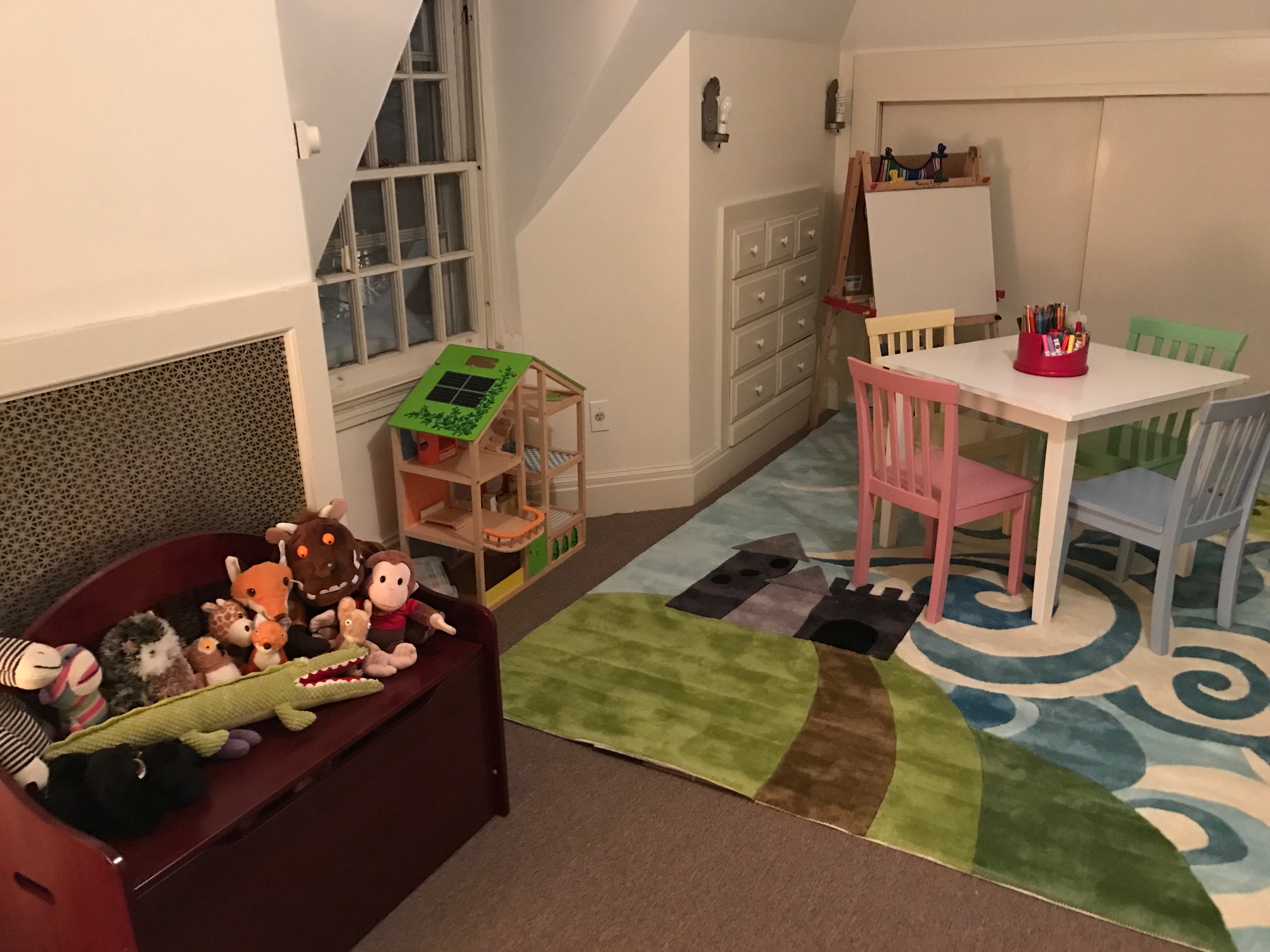Treatment for Children and Adolescents
Choosing a psychotherapist for your child is an important and often difficult decision to make. You should consider your child’s personality, their presenting difficulties and your expectations of the process. You should make sure that you ask questions regarding provider’s training, approach to treatment and policies regarding working and communicating with you, the school and other health and service providers involved. I believe that only in this way the psychotherapist and the parent/guardian are able to establish the building blocks of a horizontal and open collaboration, with the main aim of meeting the emotional needs of the young person.
the diagnostic process
I meet with parents and speak to teachers and pediatricians to get a general picture of the child’s situation and the difficulties bringing them to psychotherapy. Then I meet with the child two or three times followed by a feedback meeting with you in which I will give you my understanding of your child and recommendations. I am not a member of any insurance panels, but I am happy to work with families to submit the appropriate forms and paperwork. Average cost is $150/session.
I have a private practice in New Haven, CT. The following are types of treatment I offer depending on the needs of the child and their family:
.
infant/toddler-parent psychotherapy
Used to explore difficulties with sleep, toilet training, tantrums, adaptation to adoption and other forms of early relational difficulties caused by post partum depression, chronic illness and other circumstances. This modality has a focus on strengthening the attachment relationship between the child and her caregivers in order to prevent future difficulties. .
individual play/developmental psychotherapy for children
Explores children’s worries and difficulties in relationships at home and school via play. Play is the way in which children speak to us about their concerns. Parallel work with parents usually takes place.
.
parent support and guidance
My work with parents focuses on activating their “reflective functioning” , a basic capacity that allows parents to think about what is behind their children’s behaviors and how their own beliefs and experiences influence their understanding and managing of their children.
mentalization based therapy for children
(Ages 4 to 12) This modality focuses on developing your child’s capacity to “mentalize” which tends to result in an improvement of the child’s executive functioning and regulation of feelings. Most importantly , it seeks to help the child feel more in control of their feelings and actions.
mentalization based family intervention
Based on a model developed at the Anna Freud Centre and Baylor School of Medicine , this is a short term (12 sessions) intervention focus on improving the family’s capacity for mentalization in the midst of the usual family stressors.





